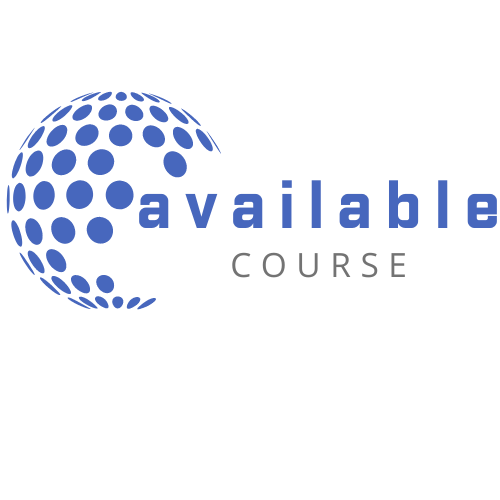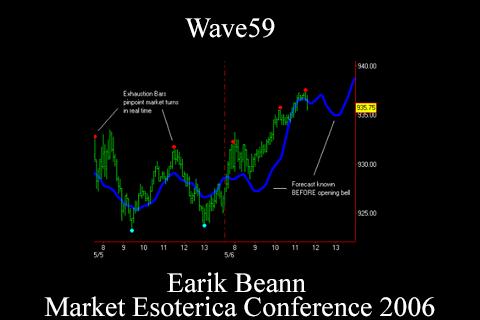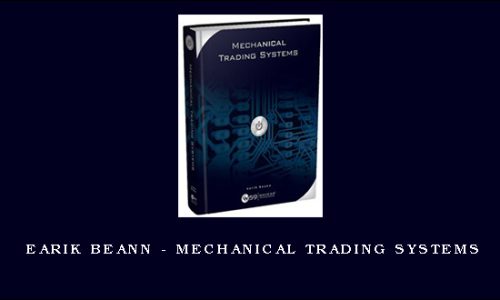A Forex trading course is an educational program designed to teach individuals about the foreign exchange (Forex or FX) market and how to trade currencies. Forex trading involves the simultaneous buying of one currency and selling of another, and it is the largest and most liquid financial market in the world. Forex trading courses aim to educate beginners and experienced traders alike about the complexities of the Forex market, trading strategies, risk management, and technical analysis, among other topics.
Here are some key aspects typically covered in a Forex trading course:
- Introduction to Forex Market: Understanding the basics of the Forex market, including how it operates, the major currency pairs, and market participants.
- Trading Terminology: Learning the specific terminology used in Forex trading, such as pips, lots, leverage, and margin.
- Technical Analysis: Studying charts, price patterns, technical indicators, and other tools used to analyze historical price data and make trading decisions.
- Fundamental Analysis: Understanding the economic factors, geopolitical events, and market news that can influence currency prices.
- Risk Management: Learning how to manage risk and protect trading capital through techniques like setting stop-loss and take-profit orders.
- Trading Strategies: Exploring various trading strategies, including day trading, swing trading, and long-term investing, and understanding how to develop a personalized trading plan.
- Platform Familiarization: Getting hands-on experience with popular trading platforms and tools used for executing trades and analyzing the market.
- Psychology of Trading: Understanding the psychological aspects of trading, including managing emotions like fear and greed, and developing discipline and patience.
- Regulations and Ethics: Learning about the regulatory environment surrounding Forex trading and understanding ethical considerations in the financial markets.
Forex trading courses can be offered in various formats, including online courses, webinars, workshops, and in-person classes. Some courses are free, while others require payment. It’s important for individuals interested in Forex trading to research and choose a reputable course or educational provider to ensure they receive quality education and support in their trading journey. Additionally, practice in a demo trading environment is often recommended before trading with real money to gain practical experience and test trading strategies.
More courses from this author: Earik Beann
Screenshot:

Course Features
- Lectures 1
- Quizzes 0
- Duration 10 weeks
- Skill level All levels
- Language English
- Students 0
- Assessments Yes





![Wave59 – large collection of private seminars [35 Videos (WMV)] Wave59 – large collection of private seminars [35 Videos (WMV)]](https://avaicourse.info/wp-content/uploads/2021/12/Wave59-large-collection-of-private-seminars-35-Videos-WMV-500x300.jpg)
